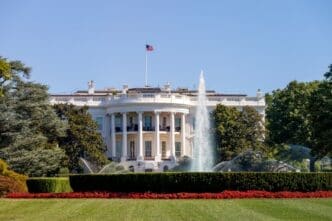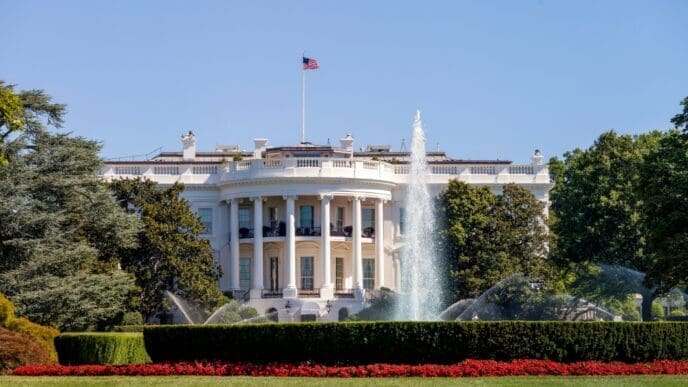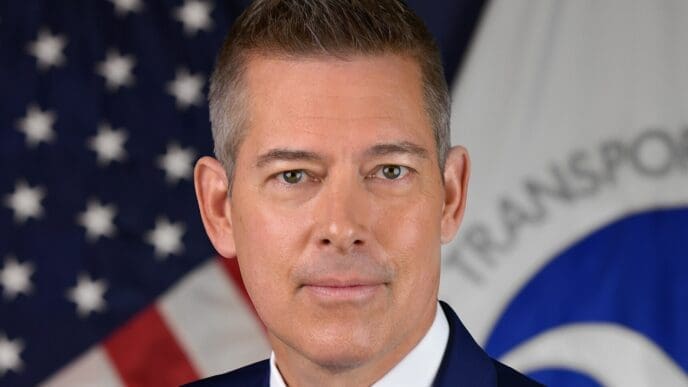A paramilitary group in Sudan, known as the Rapid Support Forces (RSF), has declared the formation of a rival government in regions under its control. This announcement, which includes areas such as the western Darfur region, follows devastating attacks attributed to the group, resulting in over 400 deaths according to United Nations reports. The RSF, led by Gen. Mohammed Hamdan Dagalo, marked the second anniversary of Sudan’s civil war by establishing the “Government of Peace and Unity.” This new administration is said to include factions like the Sudan’s Liberation Movement, which holds sway in parts of the Kordofan region.
Dagalo, who faces U.S. sanctions over alleged acts of genocide in Darfur, has further indicated plans to create a 15-member Presidential Council representing all regions of Sudan. This move comes amid recent setbacks for the RSF, which has lost control of key locations including the capital, Khartoum. The paramilitary group has since consolidated its presence in Darfur, raising fears of potential partition or a drawn-out conflict akin to the situation in Libya, where two rival administrations have vied for power for over a decade.
Historically, Sudan has experienced division, with South Sudan gaining independence in 2011 following a conflict involving the Janjaweed militias, predecessors to the RSF, who were accused of severe human rights violations. The international community, including the United States, has not recognized the RSF’s attempt to establish a separate administration, warning that such efforts jeopardize peace and may lead to further instability.
The conflict in Sudan erupted openly on April 15, 2023, following long-standing tensions between the military and the RSF, leading to widespread violence and humanitarian crises. At least 24,000 individuals have been killed, with millions displaced internally and across borders, and certain areas now experiencing famine. Reports from the United Nations and human rights organizations highlight atrocities including mass rape and ethnically driven killings, particularly in Darfur, constituting war crimes and crimes against humanity.
Recently, the RSF and associated militias conducted extensive attacks on two famine-stricken camps, Zamzam and Abu Shouk, in North Darfur province. These camps, home to approximately 700,000 internally displaced Sudanese, witnessed the deaths of over 400 people, including aid workers and children, according to local sources cited by the U.N. The RSF’s takeover of these camps has severely restricted movement, particularly impacting youth, and has rendered the Zamzam camp inaccessible.
Impact on Daily Life
The emergence of a rival government in Sudan under the RSF significantly affects the daily lives of the country’s citizens and the broader African region. For those residing in areas controlled by the RSF, there is an immediate risk of increased violence and instability. The establishment of a parallel administration can lead to a breakdown in essential services, including healthcare and education, deeply impacting community well-being and development.
Moreover, this political upheaval threatens regional stability, as neighboring countries might face an influx of refugees escaping conflict zones, straining their resources and infrastructure. The broader international community may also confront challenges in delivering humanitarian aid effectively, as access becomes increasingly restricted in volatile regions like Darfur. As such, ongoing unrest could exacerbate regional tensions and economic difficulties, affecting trade and diplomatic relations across Africa.










